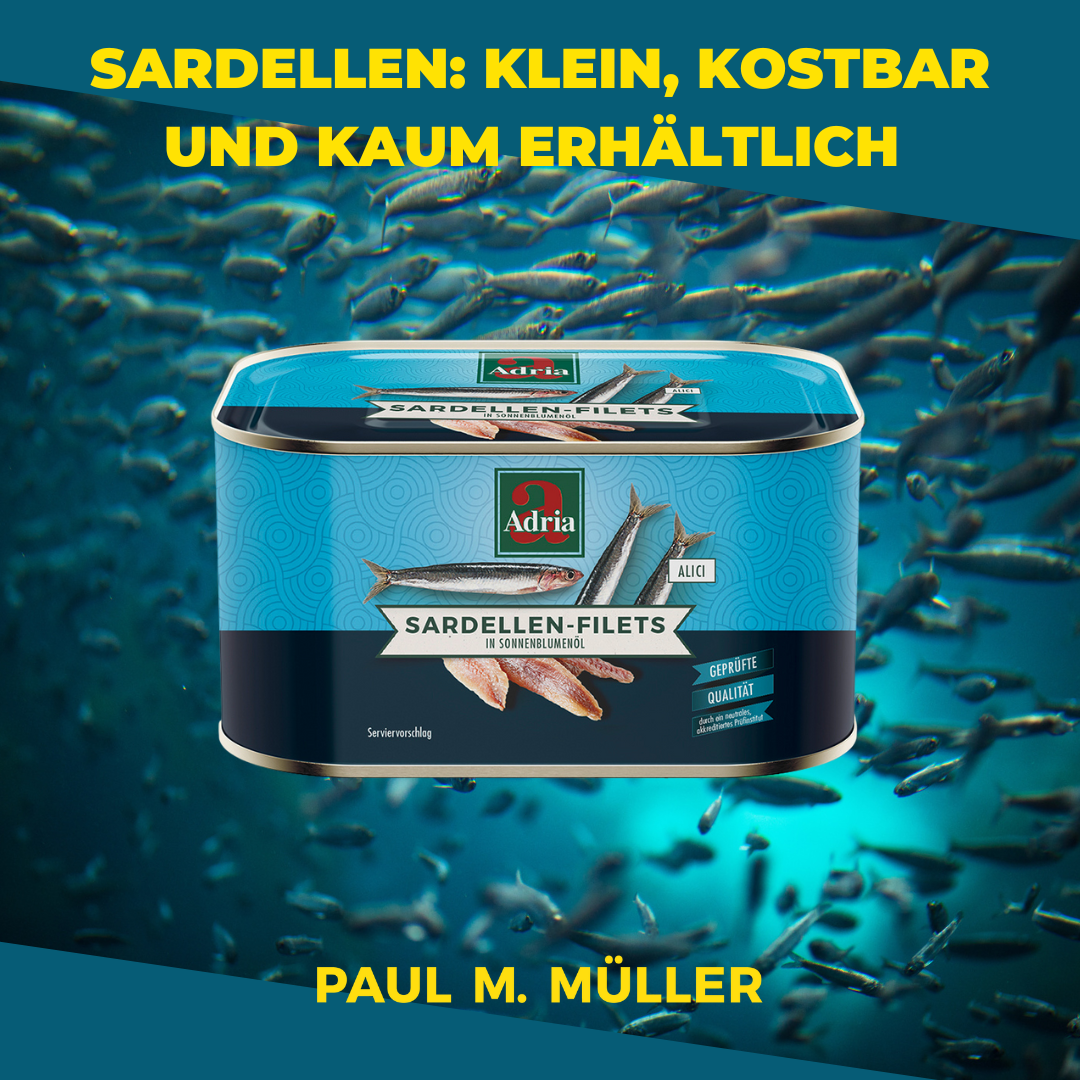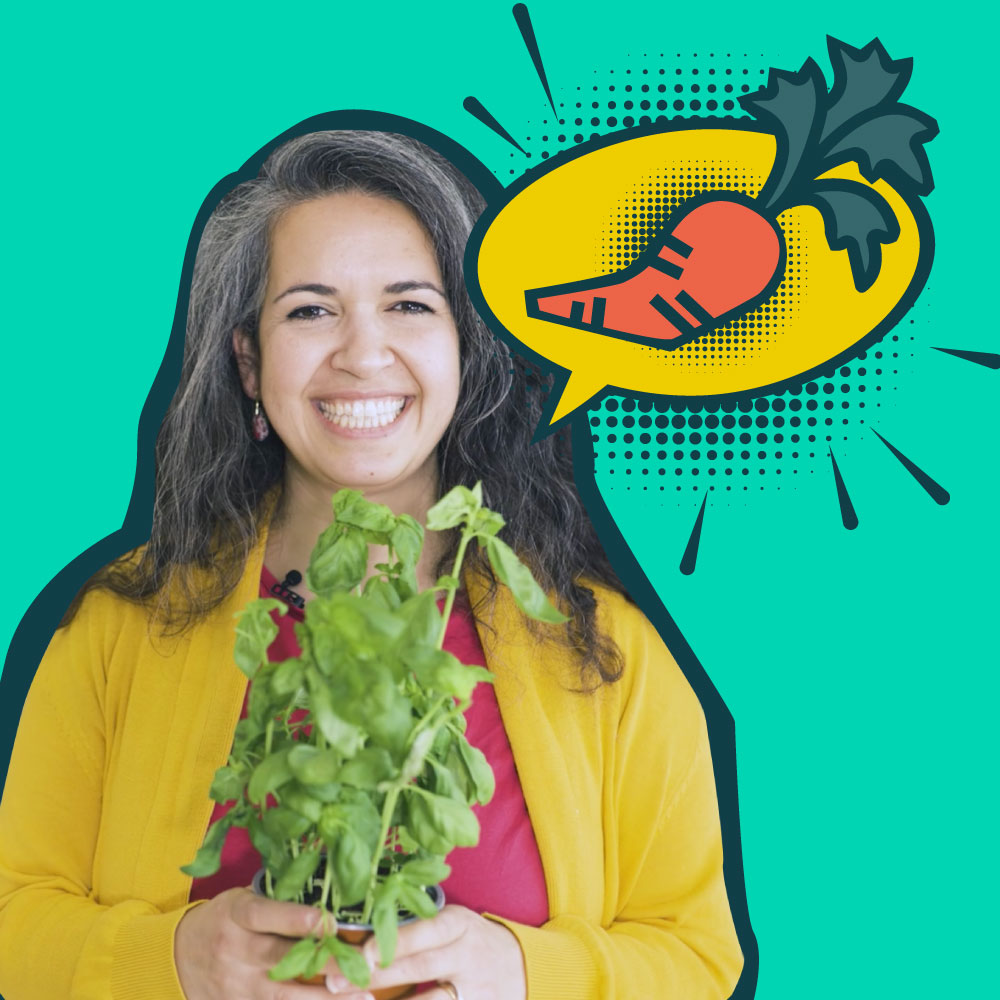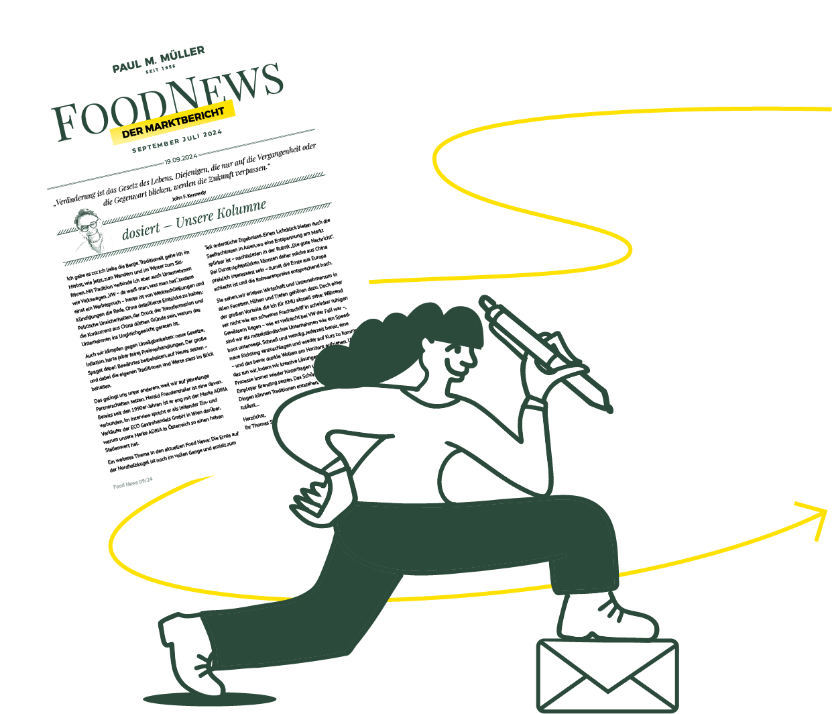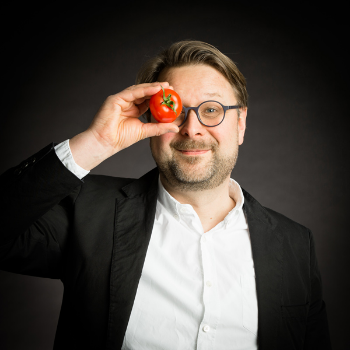The year is still young, but the political (and therefore of course the economic) situation remains heated. Negative headlines seem to be racing across Germany and the world. The big challenge here is to see and discuss the problems without being overwhelmed by the negative voices. Examples? Unfortunately, there are plenty of them: starting with the increased interest burden and storage costs - this combination is hitting many growers and producers hard because their capital requirements are increasing as a result. But I'm also thinking of my colleagues in Paul M. Müller's logistics department, who have been hit hard by the increase in tolls in Germany and the Problems in the Red Sea Having to recalculate costs more often - always looking for the best solution for our customers. Price increases due to freight and energy, fluctuating exchange rates, Increase in taxes for food in restaurants to 19 percentshortage of skilled workers... A list that could probably go on and on. No matter which partners we talk to, many are at their limit. This is causing problems for the industry. The credo of the hour for us is therefore: stay agile, keep adapting to the current situation and maintain courage and confidence. We also maintain our enthusiasm, diligence and enjoyment of our work.
Because where there is shadow, there is also light - on a large and small scale. And a particularly nice ray of hope at Paul M. Müller is the new addition to the team: Miguel Anderson Bucho-Martinez has been part of our logistics department since September 2023. He told us in an interview what he particularly likes about his job. We will also be presenting a great project in more detail in every Food News in future. We call this section "The good news". This issue starts with Community Kitchen Munich. And then there are three exciting trade fairs that we have firmly anchored in our calendar. You can find out the exact dates of Intergastra in Stuttgart, BioFach in Nuremberg and Internorga in Hamburg in our trade fair calendarThe year is still young and therefore full of possibilities. We're looking forward to everything that's coming - are you?
Yours sincerely, Thomas Schneidawind
















